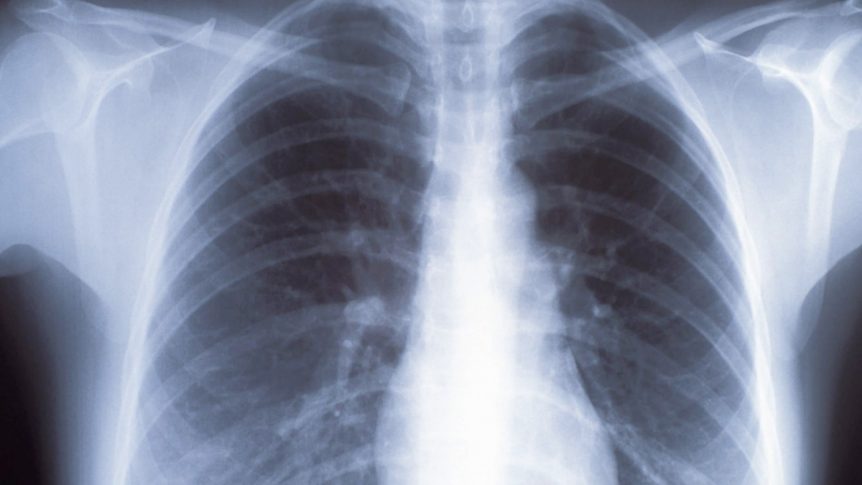Despite the numerous conventional and alternative and complementary treatment options available for cancer the medical community continues to search for safer and more effective treatments. A relatively new area of study in cancer research is cell to cell communication and the role of exosomes.
Exosomes are extraordinarily tiny vesicles used by various cells of the body for cell-to-cell communication. They contain signaling molecules including mRNA, miRNA, proteins as well as growth factors which influence the function and behavior of nearby or distant target cells.
In recent year’s research on the pathological and therapeutic roles of exosomes has greatly increased. Researchers now recognize that exosomes play a significant role in pathology of many diseases and regulate numerous physiological processes including immune surveillance, tissue repair, inflammation, etc.
In addition to the number of therapeutic properties exosomes have been shown to have, emerging research suggests that due to their role in transporting signals between cells, exosomes could be used as a vehicle for drug delivery and vaccine therapy in cancer.
The study entitled “A phase 1 of dexosome immunotherapy in patients with advanced non-small cell lung cancer,” investigated the safety, feasibility and efficacy of dexosomes (DEX), a specific type of exosome in human patients with non-small cell lung cancer (NSCLC).
The exosomes used in this study are called dexosomes (DEX) and were isolated from dendritic cells (a specific type of immune cell involved with presenting information to other immune cells) of patients undergoing the therapy. In vitro studies have demonstrated that dexosomes prime specific immune cells involved with tumor surveillance and eradication via cell to cell communication. Dexosomes have also been shown to have significant anti-tumor activity in rodent cancer models.
The isolated dexosomes were then loaded with MAGE tumor antigens, tumor specific proteins that many tumors including melanoma, non-small cell lung cancer, and others exert on their cell surface. These tumor antigens are used as biological markers in tumor surveillance by cells of the immune system. Loaded with MAGE antigens the dexosomes act as a vehicle for transmitting them to other immune cells in order to invoke an immune response. This is the concept of using exosomes for cancer vaccine.
Nine patients completed the therapy and received 4 doses of the dexosome with MAGE antigens at weekly intervals. The results of this study show that treatment was safe with only grade 1-2 adverse events including injection site reaction, flu-like illness and peripheral arm pain. The time of disease progression after first dexosome dose ranged from 30 to 429 days and survival of patients after the first dexosome dose ranged from 52 to 665 days. Immune responses including MAGE-specific T cell activity and natural killer cell activity were also identified in some of the patients.
The author’s concluded that “production of the DEX vaccine was feasible and DEX therapy was well tolerated in patients with advanced NSCLC. Some patients experienced long term stability of disease and activation of immune effectors”.
Although, more large scale human clinical trials are needed to confirm safety and efficacy, exosomes are a promising new therapy in cancer treatment.
To read more about exosome therapy please visit our exosome page here.


